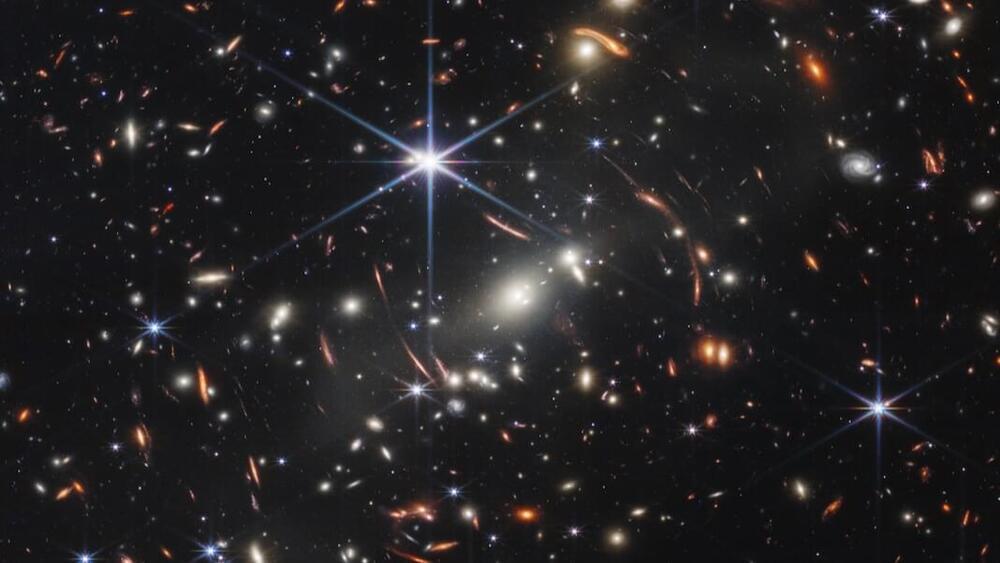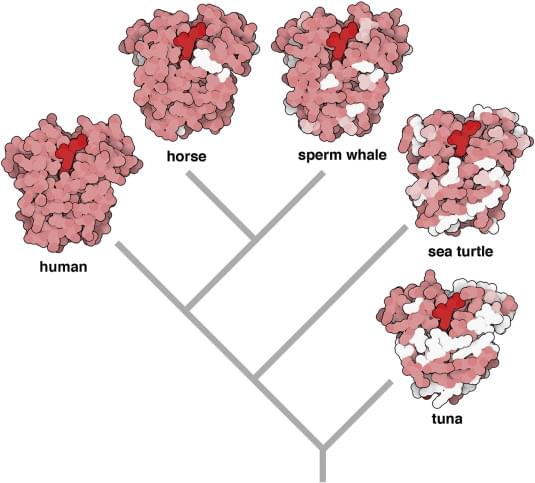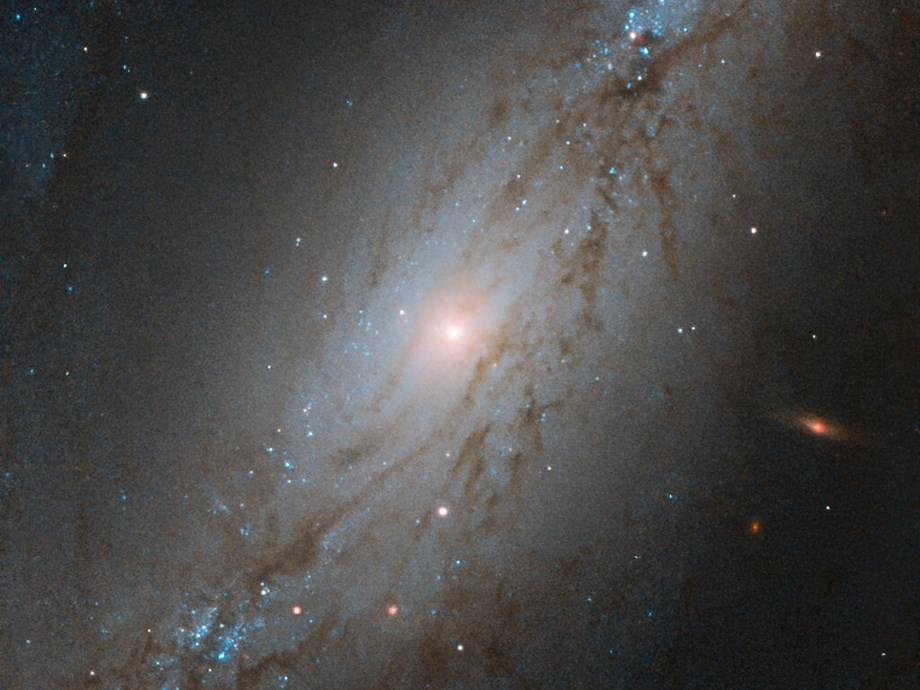Patreon: https://www.patreon.com/seanmcarroll.
Blog post with audio player, show notes, and transcript: https://www.preposterousuniverse.com/podcast/2022/02/07/183-…e-physics/
Modern particle physics is a victim of its own success. We have extremely good theories — so good that it’s hard to know exactly how to move beyond them, since they agree with all the experiments. Yet, there are strong indications from theoretical considerations and cosmological data that we need to do better. But the leading contenders, especially supersymmetry, haven’t yet shown up in our experiments, leading some to wonder whether anthropic selection is a better answer. Michael Dine gives us an expert’s survey of the current situation, with pointers to what might come next.
Michael Dine received his Ph.D. in physics from Yale University. He is Distinguished Professor of Physics at the Santa Cruz Institute for Particle Physics, University of California, Santa Cruz. Among his awards are fellowships from the Sloan Foundation, Guggenheim Foundation, American Physical Society, and American Academy of Arts and Sciences, as well as the Sakurai Prize for theoretical particle physics. His new book is This Way to the Universe: A Theoretical Physicist’s Journey to the Edge of Reality.
Mindscape Podcast playlist: https://www.youtube.com/playlist?list=PLrxfgDEc2NxY_fRExpDXr87tzRbPCaA5x.
Sean Carroll channel: https://www.youtube.com/c/seancarroll.
#podcast #ideas #science #philosophy #culture







